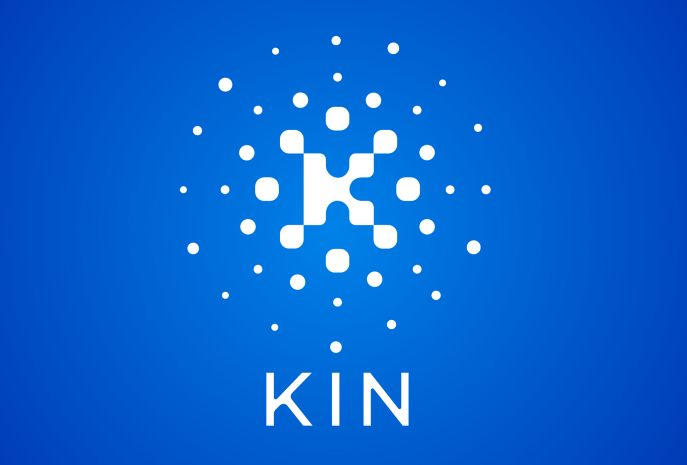A lot of people are aware of what the Kin project entails. The project is “governed” by the Kin Ecosystem Foundation, a nonprofit governance body. This entity is making an interesting change, as it is tapping Stellar to improve the functionality of Kin moving forward. Additionally, this choice will make digital services far more accessible.
Kin Ecosystem and Stellar
It is quite remarkable how different blockchain projects try to improve their overall accessibility. For the Kin project, it seems only using Ethereum’s blockchain is not sufficient. Consequently, they will also be using the Stellar blockchain to improve the platform’s overall functionality and accessibility. By using both Stellar and Ethereum side by side, the project aims to improve transaction speeds and offer more liquidity to Kin holders.
To reiterate, Kin is not dropping Ethereum support by any means. It is merely adding Stellar’s capabilities to this project, and that will occur in two separate stages. First of all, there will be Stellar-based tokens created which are completely separate from the currently used ERC20 tokens. Anyone who is a part of the Kin ecosystem can earn and spend these new tokens for digital services provided by the ecosystem.
Later on, those Stellar-based tokens will “merge” with the ERC20 tokens to create a unified currency which can be used across both blockchains. That in itself will be quite challenging, for obvious reasons. Right now, cross-compatibility of digital tokens across different blockchains is pretty much non-existent. It will be interesting to see how the Kin Ecosystem Foundation plans to tackle this aspect, as it will not be easy to do so.
Kik CEO Ted Livingston explained the decision as follows:
The goal of Kin is to create [a] digital sharing economy where everyone is fairly compensated for the unique value they contribute. While Ethereum provides immediate liquidity for Kin holders, it’s not ready for mainstream consumer usage. Creating a bi-directional blockchain with Stellar will drive mass adoption of Kin by providing faster confirmation times, low transaction fees, and scalability that digital services in the ecosystem require.
While it is true that the Kin project appears to simplify the use of blockchain technology for mainstream users, this decision remains rather remarkable. This partnership could play out in a very positive way for this company, as well as for Stellar. The latter project is often considered to be a Ripple competitor with a primary focus on banks and financial services. With this new approach, it may win over some digital currency enthusiasts in the long run.
It is evident that Kin has a rather interesting strategy in mind. Whether or not this dual Ethereum-Stellar approach is the right way to go remains to be determined. Either way, this development will highlight the benefits of what Stellar brings to the table in terms of blockchain technology. It will be interesting to see how all of this plays out in the weeks and months to come.

